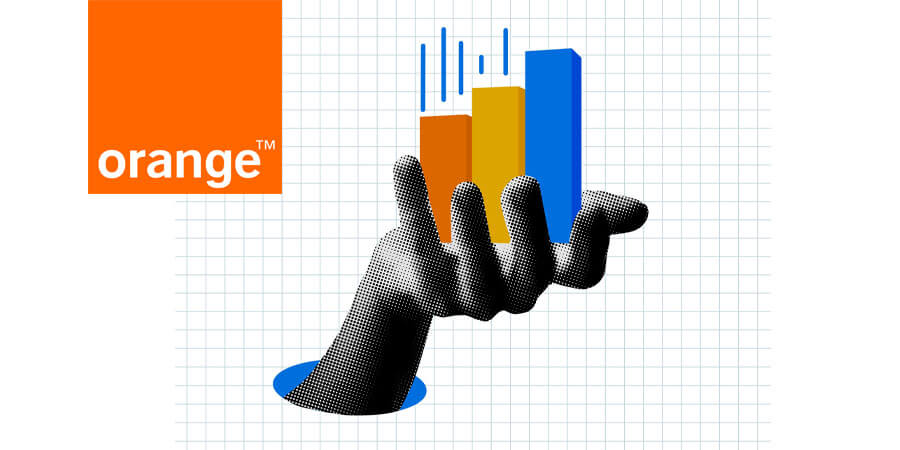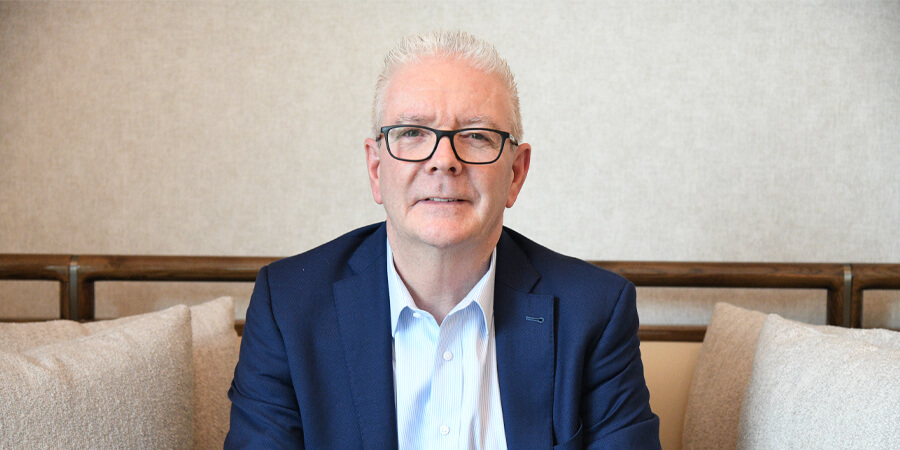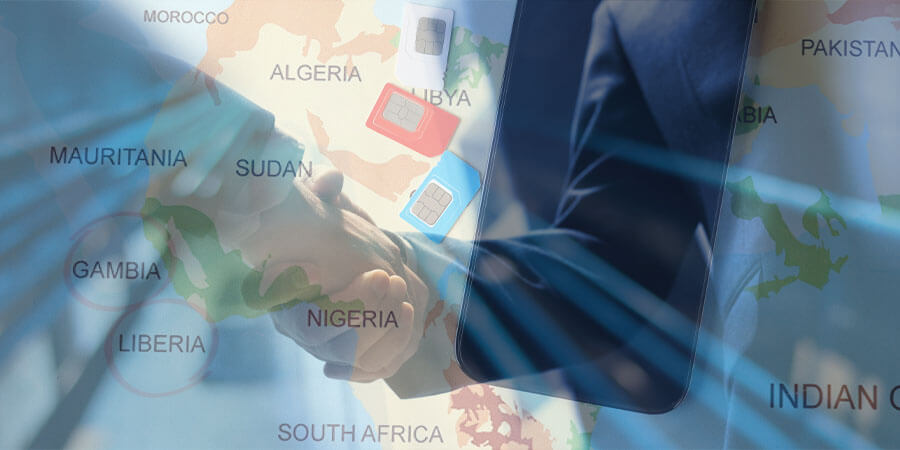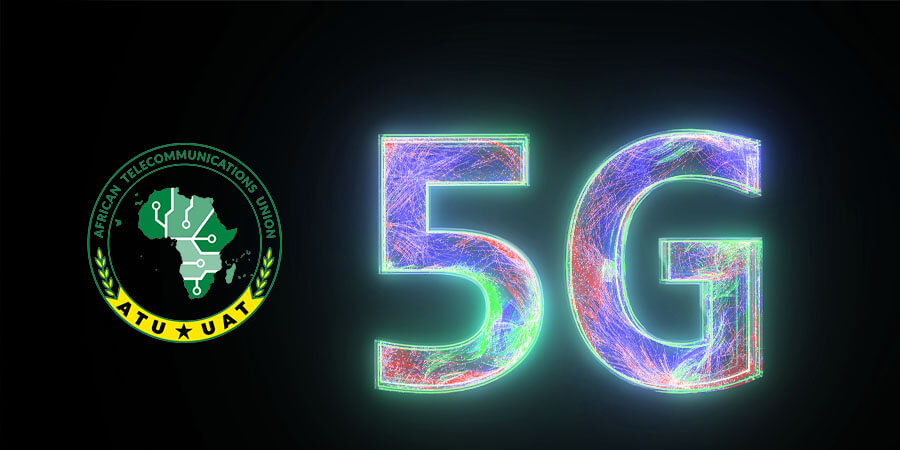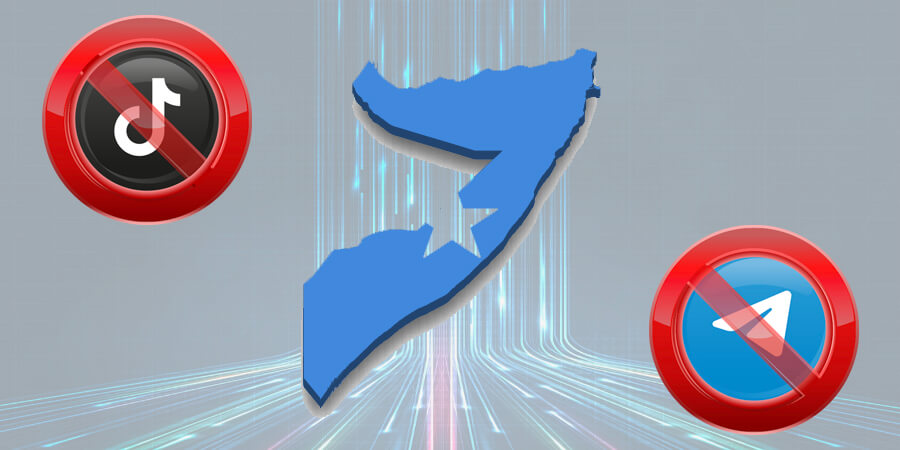Somalia has taken steps to regulate online platforms, including popular video-sharing app TikTok, messaging app Telegram, and online betting site 1XBet. The decision, announced by Communications Minister Jama Hassan Khalif, aims to curtail the dissemination of explicit content and propaganda. Khalif cited concerns that these platforms were being exploited by "terrorists and immoral groups" to spread disturbing images and misinformation. Internet service providers have been instructed to comply with the ban by August 24, 2023.
The move comes against the backdrop of the Somali government's military campaign against the armed group al-Shabab. Al-Shabab members have been known to use TikTok and Telegram to showcase their activities. Meanwhile, users of TikTok in Somalia, who use the platform for income generation and promotion, have voiced opposition to the ban, citing its potential impact on their livelihoods. TikTok has yet to comment officially on the situation, pending official communication about the ban.
Telegram, on the other hand, has highlighted its consistent efforts to remove terrorist content in Somalia and globally. This development also places TikTok in a unique position, having faced previous bans due to alleged connections with the Chinese government while simultaneously being considered a platform for free expression in some regions, as observed in Senegal.
Notably, this announcement follows a series of similar incidents, such as the government of Senegal blocking mobile internet services in specific areas due to civil unrest after the sentencing of opposition leader Ousmane Sonko.











